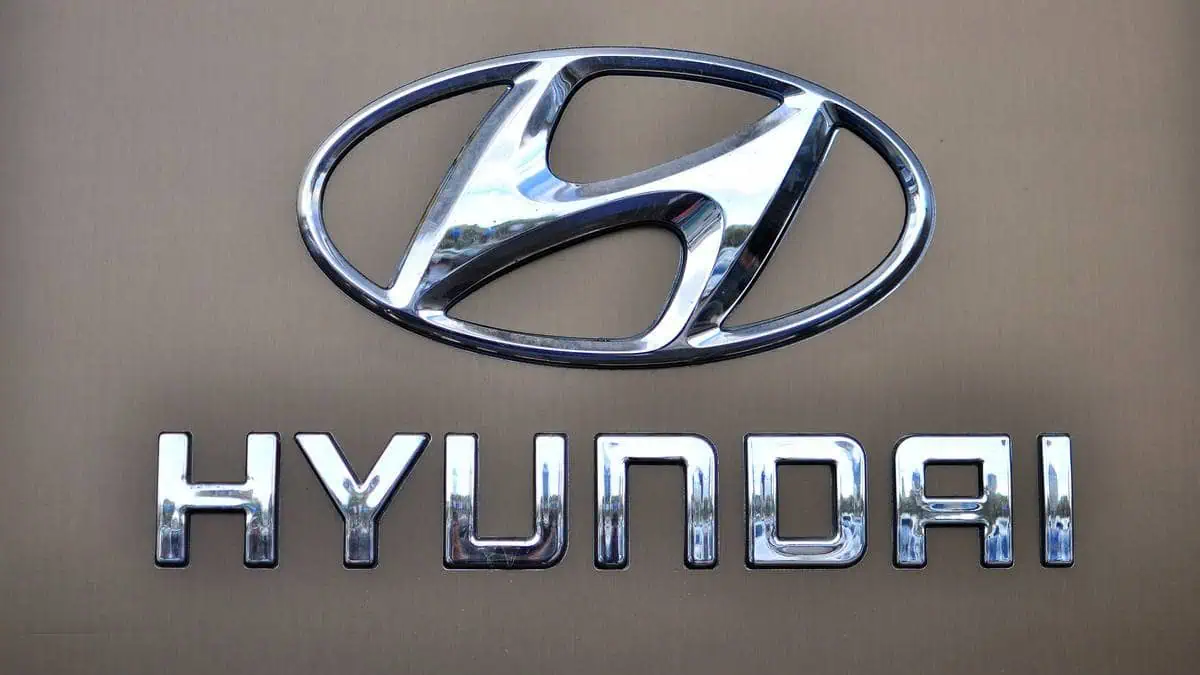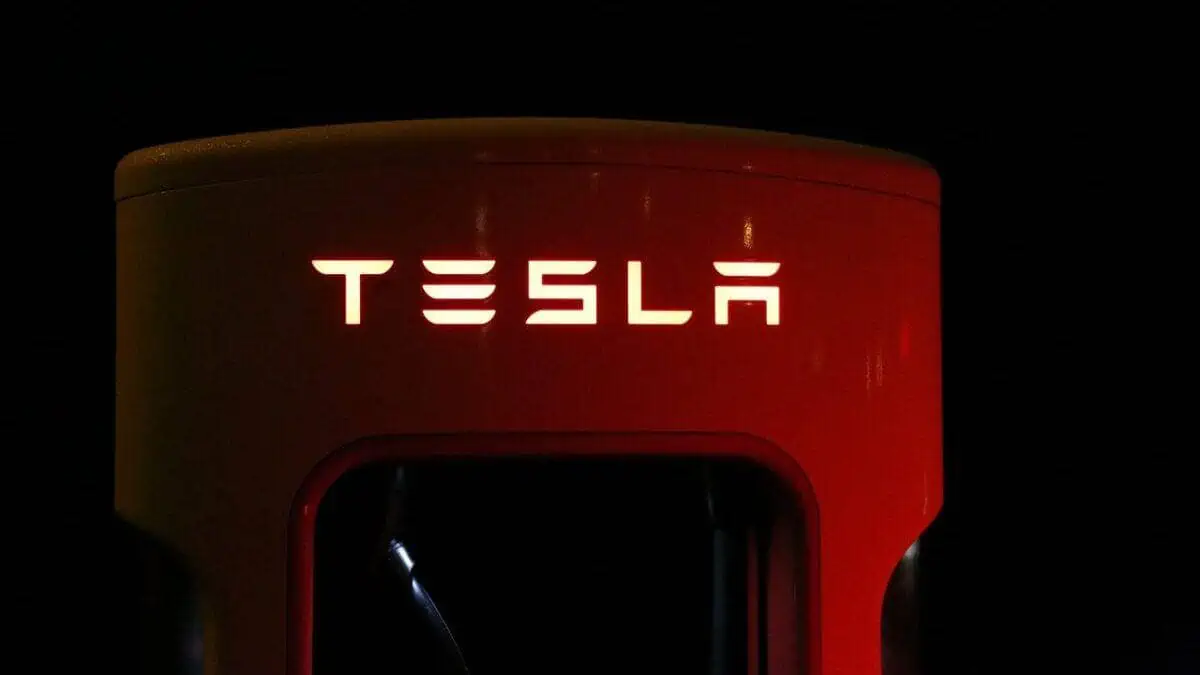South Korean legacy automaker Hyundai has committed to invest almost $1 billion to advance self-driving technology development through a startup it helped establish, Motional.
Hyundai boosts stake in Motional
Hyundai and Irish-American auto tech company Aptiv jointly launched the autonomous driving unit Motional in March 2020.
Hyundai invested $475 million directly into Motional under a wider deal, including buying out its partner Aptiv. The South Korean automaker will allocate an additional $448 million to obtain 11% of its joint venture partner’s common equity interest, according to the data indicated in Aptiv’s first-quarter earnings report.
Aptiv also declared its plans to cut its stake in Motional from 50% to about 15% as of March 2024. As a result, Hyundai will have a majority stake of 85% in Motional.
Aptiv announced in January 2024 that the company would halt its capital allocation to Motional and lower its ownership share due to huge operating losses in the startup over the last three years. As per business reports from Hyundai’s affiliates, Motional’s operating losses reached an astounding $1,471,530,400.
Hyundai expects its increased investment to further advance Motional’s autonomous driving technology development.
“Hyundai Motor Group decided to obtain stable management rights in Motional to proactively develop autonomous driving technology and internalize core technology.”
Hyundai
Motional’s self-driving tech development
Motional has already tested its self-driving technology in the United States using the Hyundai Ioniq 5 robotaxi in March 2024.
In fact, its innovative tech successfully passed a standard driver’s license test in the country with the Hyundai electric SUV.
It has also tested its technology in Boston, Pittsburgh, Las Vegas, Los Angeles, and Singapore, using a safety driver behind the wheel.
Motional’s key market strategy is to collaborate with ride-hailing giants like Uber, Lyft, and Via to provide autonomous rides to customers. It also plans to launch its own robotaxi service using Hyundai Ioniq 5 SUVs this year.
“The additional investment is expected to enhance Motional’s technological competitiveness by establishing the direction of technology development and lay the groundwork for expanding synergy between autonomous driving units within (Hyundai Motor Group).”
Hyundai
Uncertainty in self-driving vehicle industry
Aptiv’s decision to scale back its investment in Motional came amid the growing uncertainty in the self-driving vehicle industry.
Google’s autonomous driving unit Waymo has significantly advanced in commercialization over other startups. It already deployed a full driverless, pay-as-you-drive robotaxi service in San Francisco, Los Angeles, and Phoenix.
In contrast, General Motors’ Cruise remains out of the US roads after the “October 2023 incident.” It has been a massive scandal in the self-driving vehicle industry involving a pedestrian that got dragged under one of its robotaxi units. Nonetheless, Cruise strives to relaunch its self-driving robotaxis across Phoenix.
On the other hand, Tesla CEO Elon Musk pivoted the automaker’s efforts towards AI as he seeks to reach full autonomy. It plans to introduce its new Robotaxi, the “Cybercab,” on August 8, 2024.






